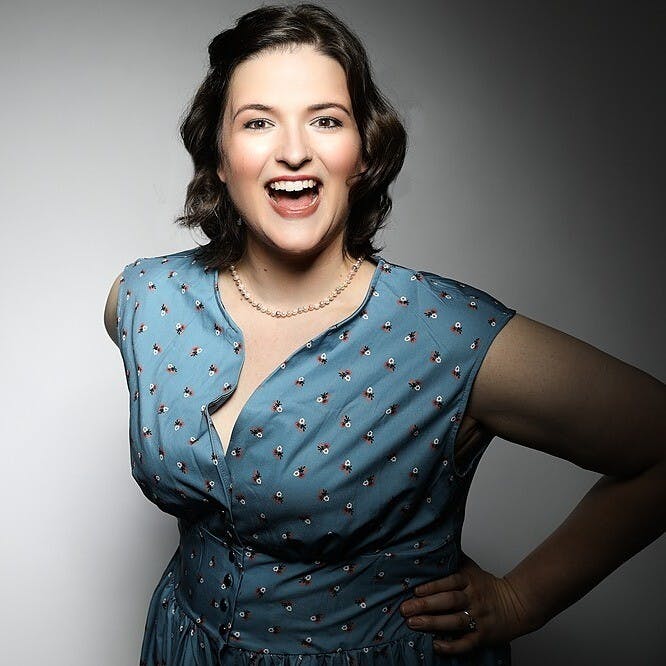How to Turn Your Screenplay into a Novel

I had contributed articles for TVWriter.com for several years from 2015-2017. I had written a television script called Turbulence project in 2013. I entered it into Larry Brody’s People’s Pilot. It did well the first time winding up somewhere in the middle of the scripts submissions. The second time, it received Semi-Finalist status based on the very readers favorable ratings. At one point, Larry suggested that I turn it into a novel. I discounted the idea at first. After all, I was a screenwriter and not a novelist!
After thinking about it and devoting free time in my schedule, I found that I enjoyed the process of doing a novel. There is an element of freedom in novels that cannot be found in screenplays. Both have their advantages and disadvantages. Both are creative mediums; it depends on which works best for the story that you are telling.
My first challenge was reading up on how long novels had to be. Most estimates were from eighty thousand to one hundred thousand words and roughly three hundred pages. This was a daunting number of words and pages. First thing I did was take my television script and turn it into a word document. It came out to about ten thousand words. That left me with only about seventy thousand words short. However, it provided only a framework. I knew the direction of the novel would take because I had already completed it in script form.
I decided to start off the novel with a short three-page teaser that would hook the reader and allow me to head into a second chapter that was good to begin the story. Several Days Earlier … It was fun because I felt that it was a good device for hooking any potential reader into my main characters dilemma.
Later, in the middle of the novel, I would return to that point of the story to finish off several questions raised by the teaser. My Development Editor would comment very favorably when I returned back to that point in the novel.

Novels require more detailed character backgrounds and I knew that I would have to develop the characters in greater depth than in the script version. I had suggested in the script version that Danny Watkins, my main character was a farm boy. I recalled that one of the first people I met in real life in college in 1970 was a young wrestler named Scott. He came from a small town in Central Pennsylvania called Jersey Shore. It was a real place and the offbeat name stuck in my mind all these years. I developed a detailed back story for the character. He was a farm boy from Jersey shore who had a desire to be a journalist instead of working on the father’s farm.
I developed his older brother Kenny into a “Grunt,” a soldier fighting in the unpopular Vietnam War. This heightened the tension between Danny and his father, an ex-marine. I was able to add in childhood memories such as playing army with my friends in Warnaco Park, a local park in Elizabeth, NJ. It allowed me to introduce Danny as the student advisor of the dorm and the other secondary characters as residents. The other characters were fleshed out. Barry Lipkin , a radical student was based on my friend from High School. Alex was modeled after this gorgeous young woman whom I had a crush on fifty years ago.
The conflict between father and son became a crucial element in the story because Danny starts off conservative believing in the righteousness of the war and gradually converts to a more anti-war viewpoint. At one point, the father and son have a loud argumentative argument over dinner . I developed the role of Sarah, the mother, as the peacemaker in the family. She is proud of her son when he stands up to the domineering father at the dinner.

I recalled many moments of the loud protests against the war in Vietnam and other social issues back in the more innocent 1970’s. They became the background of the story. I added subplots and characters such as Alex being a beautiful young feminist who did not believe in marriage and Fred Turner, a young African American student from Newark, an urban area close to my home in New Jersey.
After several months, I had finished a rough draft. At that time, I worked at a high school in Mahwah NJ. I spoke to several people who had worked in the publishing field. They all mentioned that book editors charge a few pennies per word. At eighty thousand words, we were beginning to talk about real money. Multiply this by the multiple drafts and the expense started to appear overwhelming.
I was fortunate enough to meet Judy Hammett, my development editor. I had worked with her years before on a short-lived revision of a feature film script. Her services offered much more affordable rate to read and comment on the manuscript. In fact, she was amazing. Every page was loaded with comments such as “why is so and so doing this on page, when he did x on page” or ” why doesn’t so and so think or say x instead of y.”
We went through several drafts of the novel. One of her biggest objections was that I seemed to have separate chapters for each of the secondary characters. She made it clear that they had to intersect with my main character’s storyline, or they were irrelevant. In addition, each chapter had to end on a suspenseful note to entice the reader to remain drawn into your story. Several drafts later, they were integrated into the main characters plot.

When it came to writing the emotions of the character, I found a book called The Emotional Thesaurus. It contained numerous chapters showing various emotional states and how to depict them on paper. I used the book for the first draft and after a while, many of these concepts became second nature as the drafts developed .
My next challenge was once I had finished my first draft, I sent out query letters to agents in the NJ-NY area. I was hoping that these agents would take a chance on a first-time writer based on the nature and uniqueness of the material. I was quickly disillusioned by the amounts of rejection letters that I received. The manuscript went back under my computer.
By chance, I received an email from a retired VA employee. He indicated that he had made a somewhat successful second career for himself by writing novels. This encouraged me to take another look at the manuscript. I contacted Judy Hammett and worked with her on a new draft. This seemed to be the one that made it a viable novel. The friend recommended a small publisher that he had used for his books. I decided that I could afford the cost of Self-Publishing In many ways, it is better than traditional publishing especially for the beginner. If the book does well, it might attract the attention of large publishing house or Agent.
To develop my skills, I read numerous books on how to write novels. The best ones that I discovered were a series of YouTube videos by a young woman named Abbe Emmons and a book by Lisa La Cron called Story Genius.
So, at long last, I found a publisher and I am in the final stages of laying out the book and sending it out to different outfits like Amazon and Ingram-Spark. I hope to have it out within a short period of time. I can only dream of it becoming a best seller, but in any event, I can be proud of seeing my name in print. As I’ve said many times. I want to be an overnight success after forty years.
About the Author

Lewis Ritter
Screenwriter
I LEW RITTER BIO Lew Ritter is a retired teacher from Bergen County NJ. He has held many careers from working in the Air Courier industry in the 70’s and 80’s, the computer industry in the 90’s as a Unix Operations personnel and finally as a Library...
More in Featured
Browse all5 Comments on Lewis's Article











